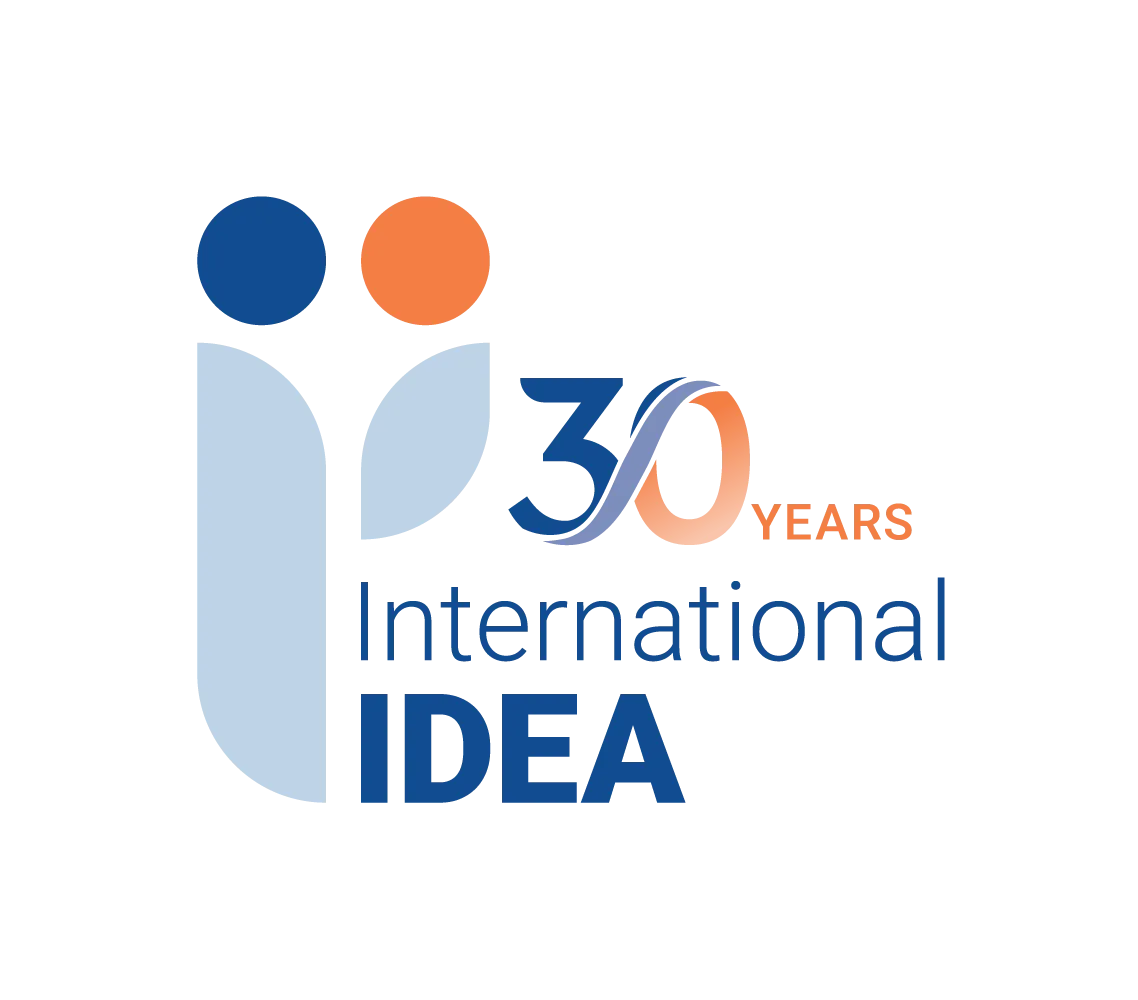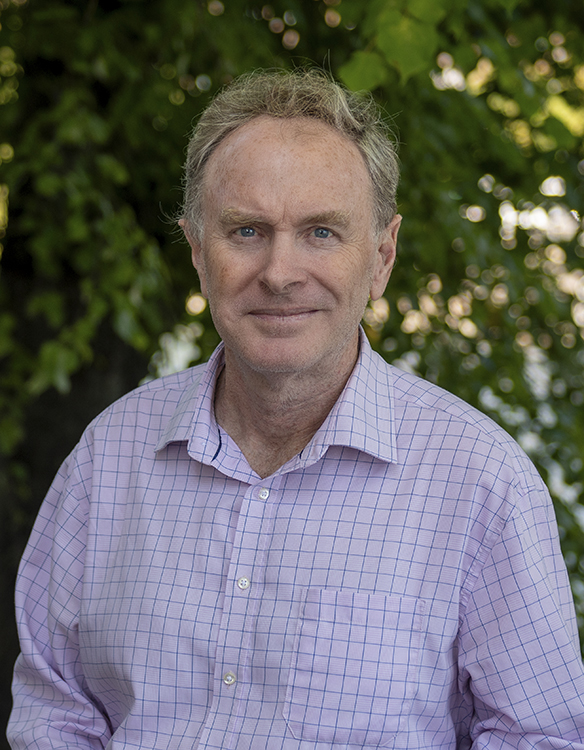International IDEA and the Government of South Africa host high-level dialogue on democracy

PRETORIA – Around 200 leading voices from Africa and West Asia, Latin America and the Pacific will gather at a high-level conference on the future of democracy in Africa and Global South, organized by the International Institute for Democracy and Electoral Assistance (International IDEA) in collaboration with the Open Society Foundations, African Union, Switzerland’s Federal Department of Foreign Affairs, the European Union and Department of International Cooperation and Relations (DIRCO) of the Government of South Africa.
The Conference ‘Re-imagining Democracy in Africa: Comparative Experiences from the Global South’ will take place on 19–20 June 2025 at the Department of International Relations and Cooperation (DIRCO) Conference Centre in Pretoria. The event coincides with the 30th Anniversary of International IDEA, marking three decades of global efforts of the intergovernmental organization to advance, promote and protect democracy.
This high-level dialogue will bring together various continental stakeholders from governments, regional and international organizations, universities, think-tanks, diverse civil society organizations from Africa and West Asia, Latin America and the Pacific. At a time, when complex geopolitics is unfolding, the Conference aims to foster collective reflection on Africa’s democratic trajectory while drawing comparative insights from other regions in the Global South.
‘This dialogue is not just a celebration; it is a strategic intervention’, Dr Roba D. Sharamo said, Regional Director for Africa and West Asia, International IDEA. ‘At a time when democracy is under scrutiny, Africa and its partners across the Global South must rise together not only to defend democratic institutions, but to reinvent them in ways that serve people more justly, inclusively and transparently’, he said.
The conference comes as International IDEA published its Electoral Integrity Project Report: Review of the 2024 Super-Cycle Year of Elections: Trends, Challenges and Opportunities. The report describes the challenges facing elections—including aggression against officials, extreme weather conditions and undue pressure—to introduce politically motivated reforms. It also outlines how election authorities are meeting these challenges with inter-agency cooperation, innovative technology and active citizen trust-building.
Find the conference agenda here.
Key conference themes:
- A Turning Point for Democracy in Africa.
Recent years have witnessed a surge of democratic backsliding across the continent. Since 2020, six African governments have been overthrown by the military, and multiple presidents have altered constitutions to extend their rule. Rising insecurity, public disillusionment, and weakened institutions have raised questions about the resilience and legitimacy of democratic systems.
Despite these challenges, data shows that most African citizens still prefer democracy over any other form of government. The high-level dialogue seeks to harness this democratic aspiration by creating a platform for peer learning, solidarity, and reform. - Comparative Experiences from the Global South.
The Dialogue will showcase positive democratic transformations from across the Global South, including:
Costa Rica and Uruguay: Progressive legal frameworks and high civic trust.
Indonesia and South Korea: Transitions from Authoritarianism to robust Democracies.
Chile and Malaysia: Institutional reforms, gender inclusion, and anti-corruption progress.
South Africa: A leading example of democratic transition and multilateral leadership in Africa
Why South Africa?
South Africa, one of the committed founding members of the group of nations that established International IDEA in 1995, symbolizes both the promise and complexity of post-authoritarian democracies. Its peaceful transition in 1994 remains a beacon of hope, even as the country confronts new challenges as it assumes the G20 presidency in 2025, South Africa is uniquely placed to advocate for the Global South’s democratic and development priorities on the world stage.




